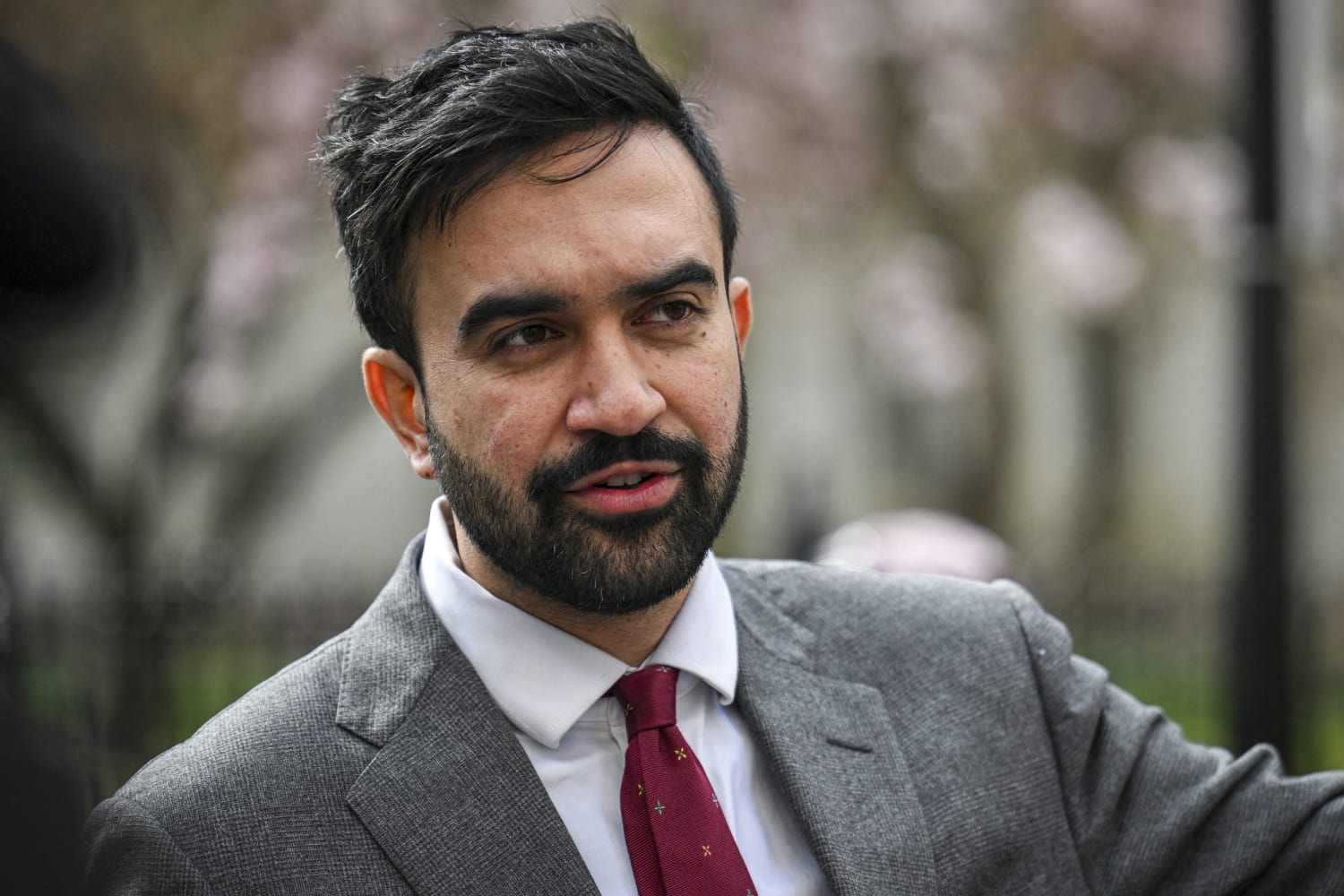Leavitt Condemns Mamdani and Democratic Party Over Stance on Hamas
White House Press Secretary Karoline Leavitt has issued a severe critique of New York City mayoral candidate Zohran Mamdani and the Democratic Party, following the candidate’s controversial refusal to demand that Hamas lay down its weapons. In a pointed interview on Fox News, Leavitt asserted that the Democratic Party is beholden to extremist elements, a claim that escalates the political rhetoric surrounding both domestic and foreign policy debates in the United States.
The controversy stems from a public stance taken by Mamdani, a prominent Democrat currently campaigning for the New York City mayoralty. His decision not to explicitly call for the disarmament of Hamas amid the ongoing Middle Eastern conflict prompted immediate backlash. Critics argue that such a position is untenable for an American political figure, contending that a clear condemnation of organizations widely designated as terrorist groups is a baseline requirement for public office. This incident has provided fresh ammunition for political opponents seeking to frame the Democratic party as increasingly divergent from mainstream American sentiment on national security.
Leavitt’s Accusations on National Television
Responding to the situation, Karoline Leavitt delivered a series of sharp accusations during her Fox News appearance. She positioned Mamdani’s actions not as an isolated event but as symptomatic of a deeper ideological shift within the Democratic Party. “That is the basis of the Democrat Party today; they don’t stand for anything except for catering to their far-left base,” Leavitt stated. This quote encapsulates her central argument: that the party leadership is more concerned with appeasing its most progressive wing than with upholding broadly accepted principles.
Leavitt further intensified her critique by accusing the party of fundamentally misaligned priorities. She claimed that Democrats have chosen to prioritize the interests of “Hamas terrorists, illegal aliens, and violent criminals” above those of law-abiding American citizens. This assertion connects the foreign policy debate over Hamas to domestic issues like immigration and crime, weaving them into a single narrative of a party that she alleges has abandoned its core constituency. By using such stark and evocative language, Leavitt aimed to draw a clear line between the Republican platform and what she portrays as a radicalized Democratic agenda. Her remarks reflect a deliberate strategy to cast the opposition as a threat to national stability and traditional values.

Trump Adds “Communist” Label to the Fray
The criticism was not limited to the White House Press Secretary. Former President Donald Trump also entered the discourse, directing his commentary specifically at Zohran Mamdani. Trump characterized Mamdani’s political platform as “Communist,” a label that further amplified the Republican-led condemnation. This intervention from a former president raises the stakes of a local election, framing the New York City mayoral race as a significant battleground in the national ideological war. Trump’s comment serves to reinforce the narrative that Mamdani represents an extreme political ideology that is incompatible with American governance, transforming a municipal contest into a referendum on the perceived direction of the entire Democratic Party.
A Broader Republican Strategy
Leavitt’s and Trump’s comments are consistent with a wider Republican strategy aimed at defining the Democratic Party as out of touch with the average American voter. By highlighting instances where Democratic officials appear to align with or avoid condemning radical viewpoints, GOP leaders argue that the party is no longer a moderate institution. The refusal by some Democrats, like Mamdani, to unequivocally denounce groups such as Hamas is leveraged as primary evidence for this claim. This political maneuver is designed to create a clear contrast in the minds of voters, portraying the Republican party as the defender of “core American principles” against a leftward-drifting opposition.
The ongoing exchange underscores the deeply polarized nature of the current American political landscape. It demonstrates how foreign policy issues can be rapidly integrated into domestic political battles, with local races becoming proxies for national ideological conflicts. As the New York City mayoral race progresses and international affairs remain a volatile topic, the sharp rhetoric employed by figures like Karoline Leavitt is expected to continue. These developments not only dominate news cycles but also reflect the profound and often irreconcilable divisions shaping contemporary American society, where every political statement can become a flashpoint in a larger cultural and ideological struggle.
